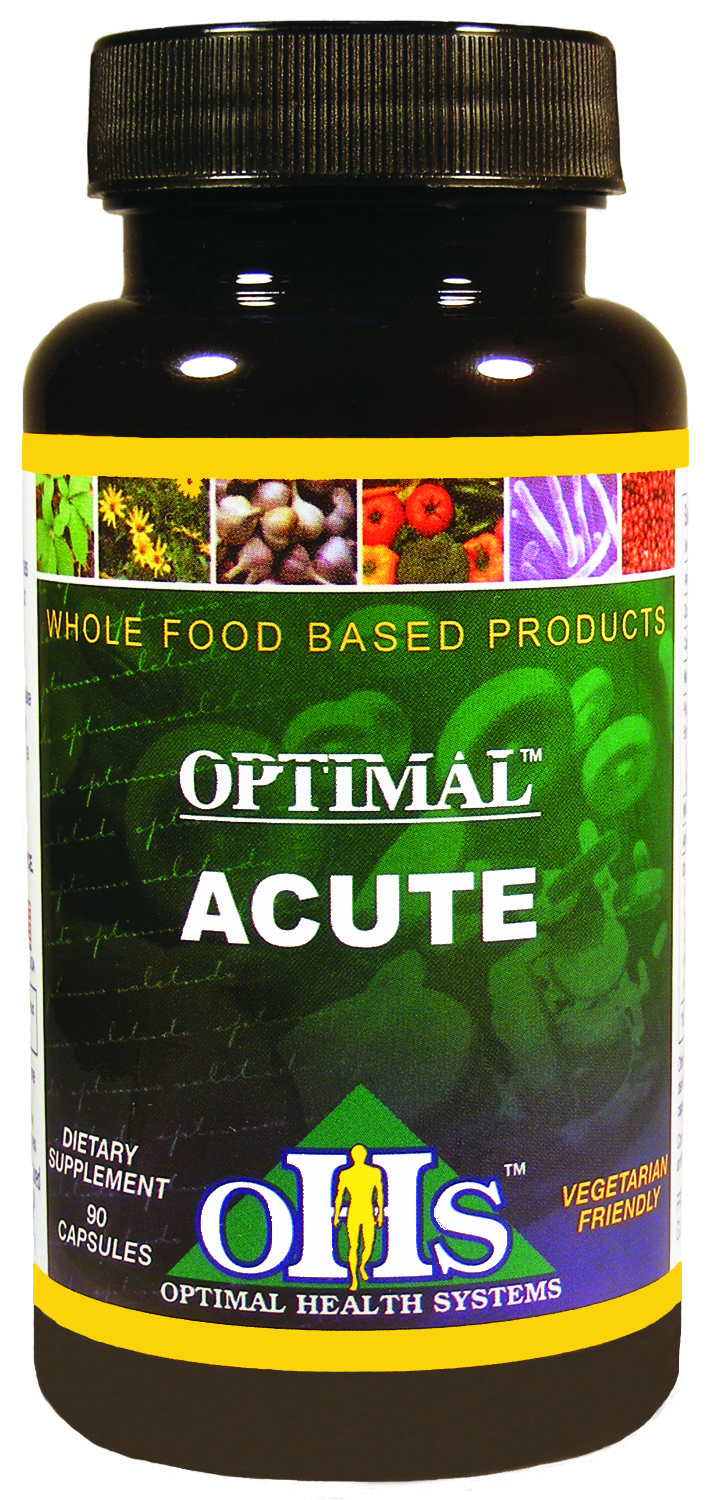For those of you that read our special health reports, you know that we have been presenting the solid research for decades about Tylenol and its detrimental effects on the human body. New research confirms this and more….
(Tylenol) is generally classified as being safe for pregnant women and developing children. But a closer look at actual science tells a much different story.
While the internet is saturated with seemingly scientific information about the alleged safety and effectiveness of Tylenol, there exists solid evidence to the contrary. The former information suggests that this popular pain drug is particularly harmful for children. These damaging effects can also be passed down from mother to child during pregnancy.
Dr. William Parker, Ph.D., an associated professor at Duke University, in an analysis compiled for GreenMedInfo.com, unpacks many of the known dangers associated with Tylenol, including the drug’s neurotoxic properties that are especially problematic in young people whose brains are still in the developmental phase.
Numerous animal studies, for instance, have shown that Tylenol can cause long-term brain damage resulting in impaired social function. Additional research out of The University of Maryland affirms this, having found that the male brain is especially sensitive to the brain-damaging effects of Tylenol.
Because Tylenol use has also been linked to attention deficit hyperactivity disorder (ADHD) and autism, two behavioral diseases that are more prominent in males than in females, this could explain the gender bias that also exists with regards to Tylenol-induced brain damage.

Long-term safety studies prove that Tylenol use is extremely high-risk
Despite a proliferation of bogus safety claims that suggest Tylenol use comes with minimal risks, nearly every study conducted on the long-term effects of acetaminophen use during pregnancy or early childhood suggests otherwise.
“There are (as of January 2017) a total of 8 published studies evaluating the long terms effects on children of acetaminophen use during pregnancy or during childhood. Two of these (one in 2014, one in 2016) were published in JAMA Pediatrics, one of the most highly respected pediatric journals,” Writes Dr. Parker. “All studies point toward acetaminophen use being associated with long-term problems with neurological function.”
In other words, scientific studies that aren’t conducted by drug manufacturers, and that actually look at the long-term impacts of drug use, bring to light some serious problems with pain pill use that aren’t being properly addressed at the public health level.
Adults are also harmed by Tylenol, which damages brain chemistry and makes people antisocial
Otherwise healthy adults are also at risk when using Tylenol. Studies show that the drug directly interferes with the way people think, causing them to lose their grasp on reality. Tylenol use is also associated with antisocial behavior, impairing a user’s ability to communicate and interact with other people in a healthy way.
Tylenol can also kill you. “Acetaminophen substantially alters brain chemistry and temporarily impairs awareness and social issues in adult humans,” Dr. Parker explains.
Keep in mind that the neurotoxic effects of Tylenol have been minimally investigated, despite the damage that we do know can result from the drug’s use. And most doctors who support the use of Tylenol are probably just misinformed as to the full extent of its harmful impacts.
So why aren’t our regulatory and safety agencies publishing the latest research on the subject in the interest of public safety? As is usually the case, government bodies like the Food and Drug Administration (FDA) are dragging their feet–obstructing the process of not only compiling this research but also coordinating with other agencies to get it out to the public.
“Many online sources support the view that acetaminophen can be very dangerous to the developing brain,” says Dr. Parker.
The answer, as proven and taught for decades, is to use natural solutions when possible. Optimal Acute is the most powerful natural anti-inflammatory we make. Taking it instead of NSAIDS like Tylenol, when possible, is what many people do.
Directions for Use
If you have taken Tylenol and are looking to get the liver and kidneys functioning at their best, the soft cleanse pak is a great choice. You take one packet morning and night for one month for a great cleanse of the liver and kidneys without any nausea or side effects.
Tribute to an Expert
Michael Adams is recognized for his contribution to this post.
If you’ve come across some great research and would love to team up with OHS and our writers, send us an email, or give us a call and we’ll help spread the word!
Note: OHS does not own any rights to the first two images.

